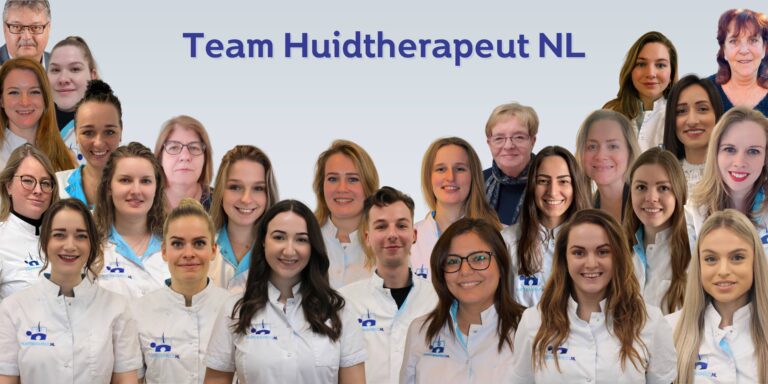Post Inflammatory Hyperpigmentation (PIH) is a benign red to brown discoloration of the skin in areas where inflammation has occurred, such as acne or eczema. The inflammation stimulates the pigment cells in the skin
People with dark skin type are more likely to develop PIH. After the inflammation has disappeared, the discoloration can disappear very slowly, but this is not always the case. Under the influence of sunlight or a new inflammation, the pigment can darken again. That is why it is important to apply good sun protection every day with a minimum of factor 30.
The PIH are benign, so it is not necessarily necessary to treat them. Often people find the pigment spots cosmetically disturbing and would like to do something about it.
PIH of dark skin is more difficult to treat because of the increased risk of pigment shifts in the surrounding skin.
It is important to also reduce / remedy the underlying cause so that new PIH will develop less quickly.
How can you treat age Post Inflammatory Hyperpigmentations?
The skin therapist can offer a solution when treating these disturbing pigmentation spots. It can be treated by means of camouflage therapy, chemical peels or laser therapy.
The chemical peels and camouflage therapy can be applied to all skin types. Laser therapy can be performed on skin types 1-3. With a higher skin type, the chance is too great that healthy surrounding tissue is damaged. Even when there are many small PIHs, it is not advisable to use laser therapy.
The skin therapist will assess with you which of the above treatment methods is best suited for your skin and complaints.
Daily sun protection is very important in this form of hyperpigmentation. Without sun protection, the spot will turn darker again. Especially during treatment with chemical peels and / or laser therapy, where the skin temporarily becomes more sensitive to sunlight, sun protection with a factor of at least 30 is indispensable!



